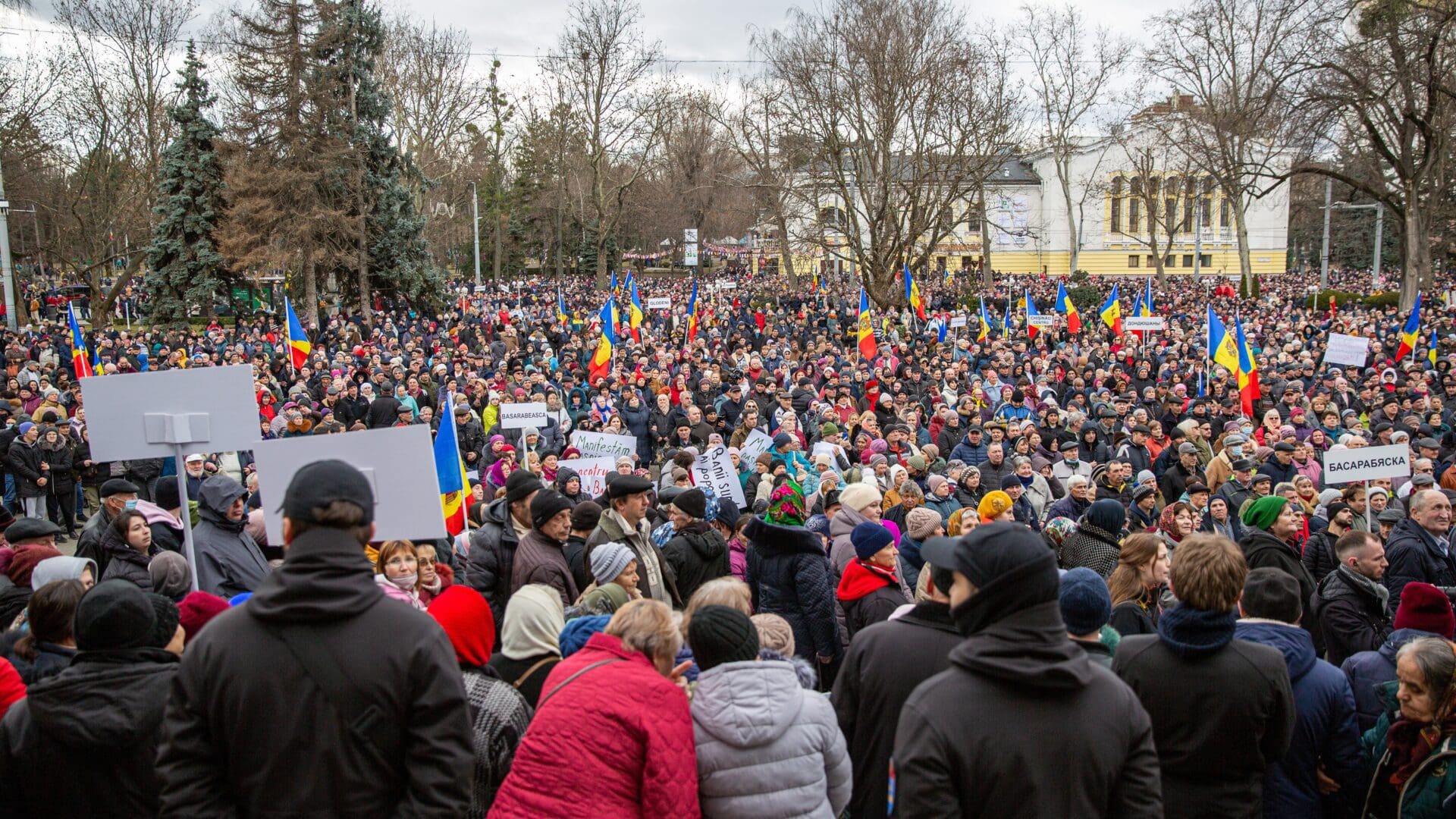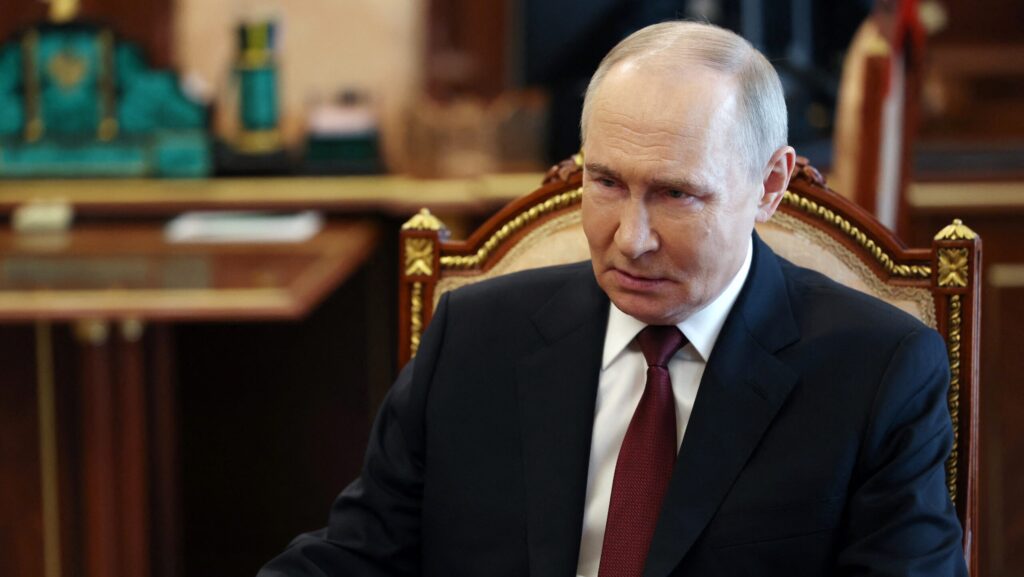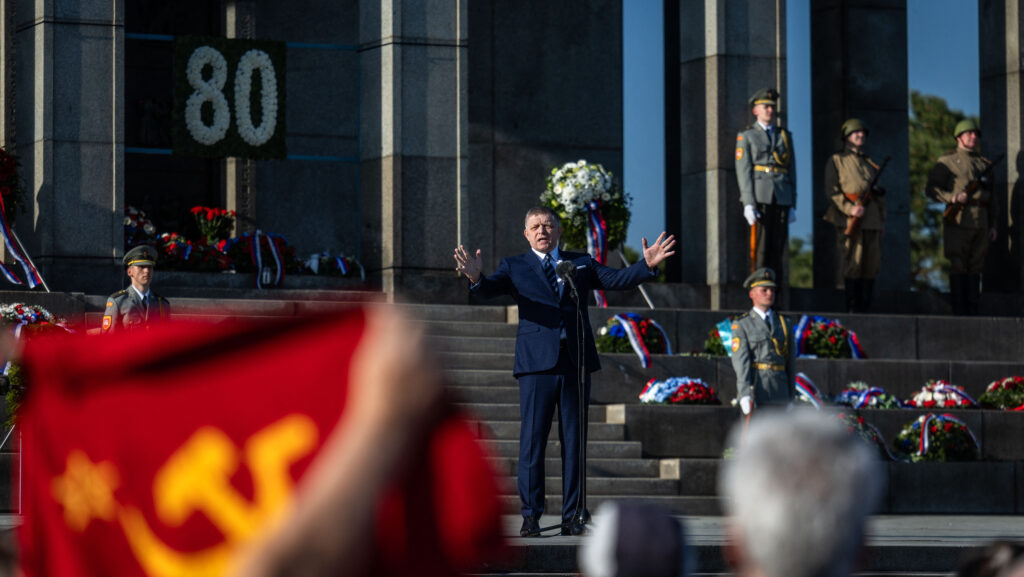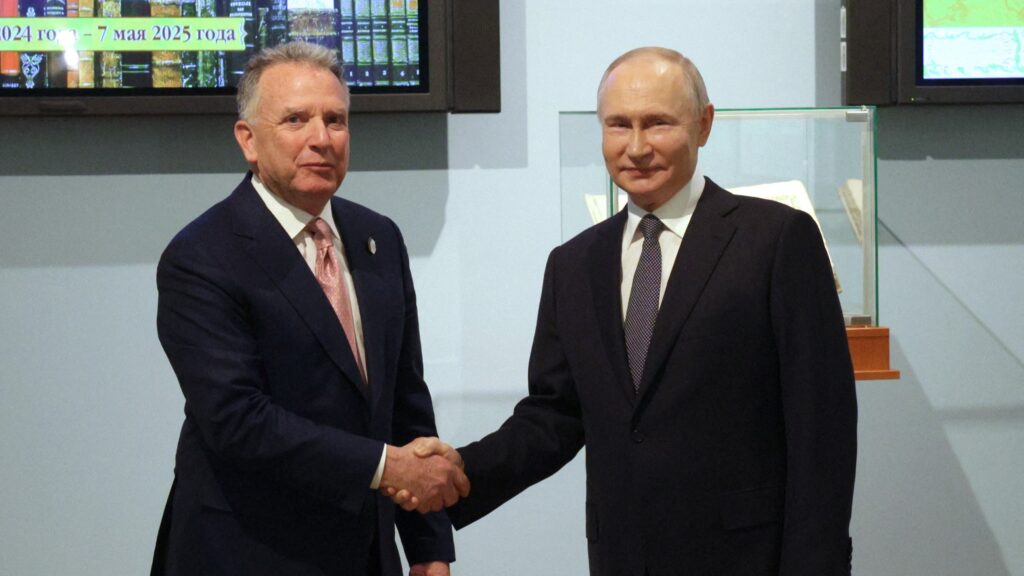During this past weekend, large protests erupted in Moldova. Seemingly, the demonstrations were prompted by the rising energy prices and the low standard of living in the country. Energy bills now consume around 70 per cent of the local households’ income. Moldova, one of the poorest countries in Europe, was badly affected by the economic spillovers of the war in Ukraine as 100 per cent of its energy imports come from Russia.
Preceding the demonstrations, a door-to-door signature collection campaign was organised for a petition to make the government pay for household bills. While officially the protestors were objecting to the government’s economic policies, the political gathering is believed to have been sponsored by one of the pro-Russian oligarchs in Moldova. The BBC reported the protestors were shouting ´we want to be part of Russia!´ during the demonstration. Ilan Shor, a Moldovan oligarch and member of parliament (also, president of the Șor Party), who is believed to be behind the protests, was sanctioned by the UK and the US last year under the Global Magnitsky Act for his association with the Kremlin. Ilan Shor is also charged with fraud, for allegedly stealing $1 billion from the Moldovan banking system. The now-exiled Shor was under house arrest when he was nominated to be mayor of Orhei in 2015, a small town that is the stronghold of his party.
The challenges we face from Russia are real, but so is our resolve to stand strong.
— Maia Sandu (@sandumaiamd) February 18, 2023
At @MunSecConf, I spoke about the steps Moldova is taking to protect our democracy and defend against Russian intimidation.
Credits video: @BR24 pic.twitter.com/s90WsL15yB
Russian Threats to Moldova
Before the protests, Moldova made headlines for having its airspace violated by Russian missiles and balloon-like objects. While missiles have crossed into the country’s airspace earlier, the recent incident was more significant as, instead of just briefly flying over Moldovan territories, the missile flew a considerable distance into Moldovan airspace, flying as close as 35 km (22 miles) to the Romanian border.
The violation, which forced Chișinău to temporarily close its airspace delaying dozens of flights, happened just days after a plot to destabilise the country was uncovered. First, Ukrainian President Zelenskyy reported that Kyiv’s intelligence uncovered intel about the conspiracy. Then, Moldovan President Maia Sandu also confirmed that Russia did plan to use trained military men ´disguised in civilian clothes´ to undertake violent actions to overthrow the government and stop the country’s advancement towards EU accession—as we reported earlier. Soon after the destabilisation plot was revealed, the country’s pro-EU government collapsed. A couple of days after the resignation of Prime Minister Natalia Gavrilița, Dorin Recean was appointed as prime minister by President Maia Sandu. Dorin Recean, also a pro-EU candidate, used to be a security advisor for the President and the Minister of Internal Affairs between 2012–2015.
Due to worries over the Kremlin’s destabilisation plot, Moldova denied entry to 57 people from Russia-friendly nations. The travel ban included some Serbian football fans and boxers from Montenegro, drawing considerable criticism from the affected countries. In response to the criticism, Moldova highlights its vulnerability to Russia’s influence which requires Chișinău to be extra vigilant. Moscow stations over 1,700 personnel in separatist Transnistria, and around half of the 500,000 people living in the region have Russian citizenship. This also poses a challenge to the pro-EU administration in Chișinău. Russian personnel are deployed in Transnistria despite the fact that Moscow does not officially recognise Transnistria as an independent country.
Conflict Zones Abound in the Post-Soviet Region
Moldova is not the only country that has become a hot conflict zone as a consequence of the war in Ukraine. Recently, clashes renewed between Armenia and Azerbaijan for control over Nagorno-Karabakh—Armenia, whose security guarantor is Russia, has been losing territories in the conflict. Therefore, it expressed its disappointment over the failures of Russian peacekeeping forces in the region in preventing escalation and the blockage of the strategically important Lachin corridor, which links Armenia to Nagorno-Karabakh. The invasion also highlighted the issue of Kaliningrad with both Poland reinforcing its border and Kaliningrad asking for more military support from the Kremlin to ensure its safety as a Russian exclave.








